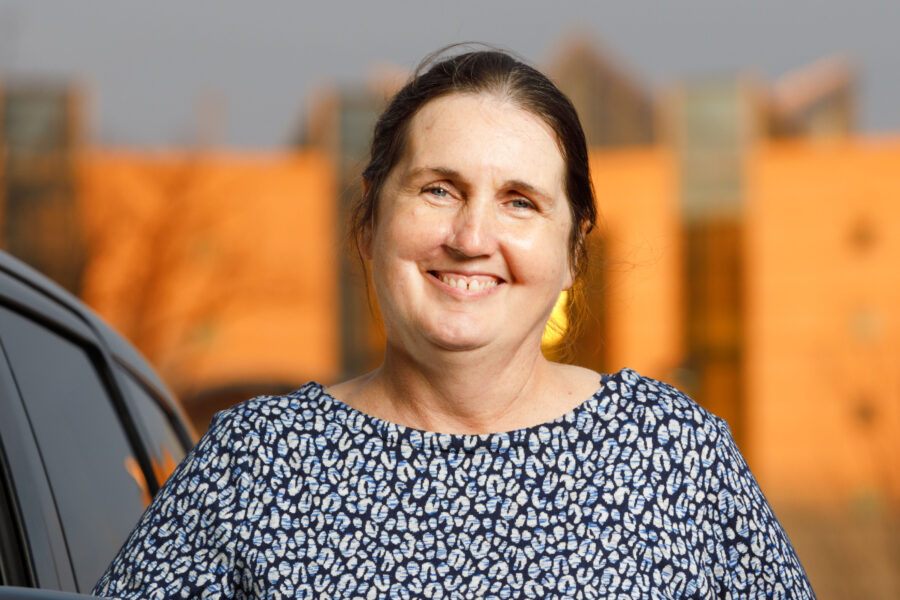Data entry, vacuuming and assisting with programming are a few of the ways young adults get on-the-job training at the Munroe-Meyer Institute.
This fall, the institute will expand its offerings with the opening of the Practical Assessment Exploration System Lab.
The lab will give students a chance to explore various careers, including construction, sewing, business and cooking.
The institute’s existing employment training program is open to students between ages 18 and 21, said Rachel Ray, assistant professor. Participating students come from schools in Omaha, Westside, Millard and Papillion La Vista school districts.
On average, the program serves about 28 students a day, Monday through Friday.
Students undergo a task analysis to determine what areas they need to strengthen. They also complete career assessments to place them in roles that suit their interests and career goals.
“We have high expectations,” Ray said. “We’re expecting them to have and model appropriate workplace behaviors. It can then hopefully translate into a job.”
The program offers help with filling out job applications, interviewing and getting references. Students also learn to identify and request accommodations in the workplace.
Last year, 14 students in the program gained independent employment, Ray said.
“We can provide them with that one-on-one job coaching to get them the skills they need,” Ray said. “It’s a safe environment where they can work on building those skills. We treat them as adults coming into the program and they have real clear expectations.”
Students in the training program take immense pride in their work, Ray said, and they do a great job at their assigned tasks.
Seeing students succeed after leaving the program is a great feeling, she said.
“Everybody is employable, regardless of disability,” Ray said. “To see these students push through the barriers they may have, to see their resilience and perseverance, it’s just humbling.”
The PAES Employment Lab, set to open later this fall, will give students a taste of various careers. They’ll clock in, just like they would at a typical job. Each day they’ll receive a task and complete their work before a supervisor looks it over and gives feedback.
In the cooking career tract, students will start by learning to identify measuring cups and spoons before moving onto baking a recipe.
The lab is designed to complement the existing job training program, Ray said.
“There’s such a gap in this area for this kind of training program for adults with more significant disabilities to be able to get hands on training,” Ray said. “I don’t want to leave out a generation of potential workers just because they’ve graduated.”
